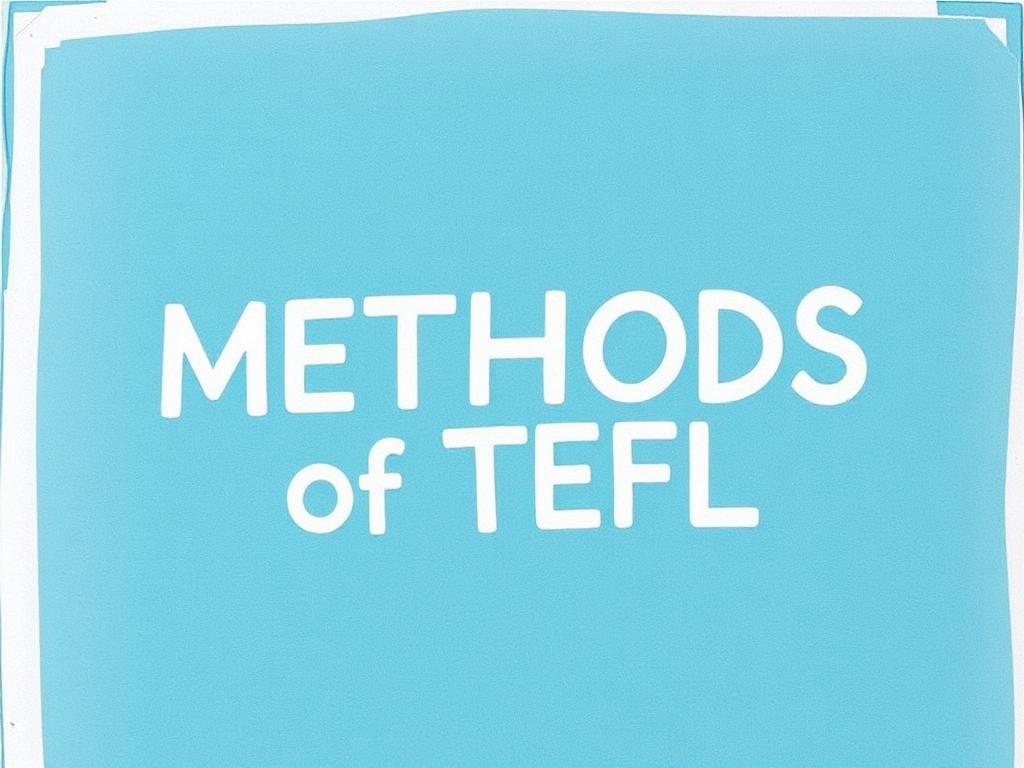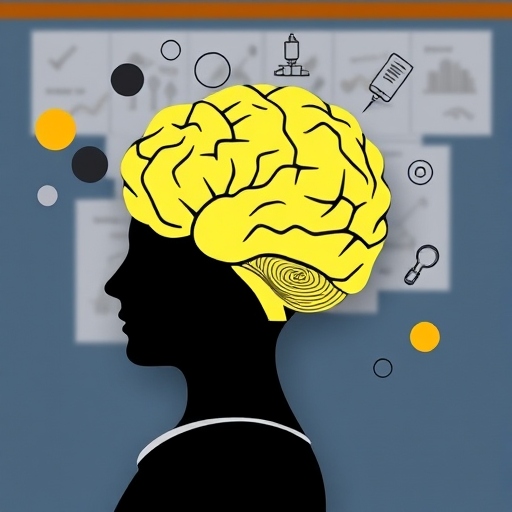
METHODS OF TEFL
This course deals with major theories of or approaches to language teaching as well as their applications, both as proposed and practised, with reference to EFL teaching/learning in the Indonesian context. It is therefore both theoretical and practical. The topics to be covered include: EFL teacher competencies, major approaches to and methods of language teaching, developments of EFL teaching in Indonesia, communicative language ability, language teaching methods/techniques, language syllabus models, roles of fluency and accuracy, English varieties, teaching four language skills, teaching grammatical competence, learning styles and strategies, and second/foreign language assessment.

METHODS OF TEFL
This course aims to
introduce and develop students' knowledge and skills in various methods of
teaching English as a Foreign Language (EFL). Students will learn the theories,
principles, and practices used in English language teaching, as well as the
application of various methods and techniques in the context of EFL teaching.

ICT IN LANGUAGE TEACHING
|
The "ICT in Language Teaching" course aims to introduce English Language Education Masters students to the concept and application of Information and Communication Technology (ICT) in language teaching. Students will learn about various digital tools and platforms that can be used to enhance the language learning process, as well as how to evaluate the effectiveness of ICT use in educational contexts. |

LANGUAGE PHILOSOPHY
The course introduces basic philosophical foundations
in general philosophy and philosphy of language education covering basic
principles of the philosophy of language as they relate to how language is
taught and learned. This course also provides the students with some
understandings that the relationship between philosophy and language education
is a complex system which connects to other systems: social, political, and
cultural. Topics commonly covered will be dealt with within the framework of
English education and teacher professionalism. Students taking this course are
introduced to the fact that language is a characteristic of human beings and
expected to look into certain philosophical problems and activities in language
teaching and learning. Lecture activities are carried put through group
presentations, discussions, and workshops on cases of philosophy of language
education.

TRANSLATION
Mata kuliah ini dapat
membantu mahasiswa untuk mampu
mengaplikasikan keterampilan kabahasaan (bahasa Inggris) secara lisan dan
tertulis dalam penyelesaian masalah, serta mampu beradaptasi terhadap situasi
yang dihadapi; mampu menerapkan prinsip-prinsip kebahasaan, penerjemahan dan
kesastraan untuk menekuni dan mengembangkan berbagai profesi; mampu mengenali peran mereka sebagai penerjemah dan
menggunakan teknik dan keterampilan penerjemah dan memahami etika profesi yang
disesuaikan dengan area dan situasi target bahasa.

ENGLISH FOR TOURISM
The objectives of this course are
to discuss the basic concepts of English tourism, formulate creative business
ideas, conduct market research, and prepare a tourism business plan. Students
will study the success stories of tourism agents, develop marketing strategies,
and present comprehensive business plans. Through this course, students are
expected to be able to identify business opportunities, prepare thorough plans,
and prepare themselves to become innovative and competitive users of English
learning for tourism sector.

ENTREPRENEURSHIP
This
course discusses the basic concepts of entrepreneurship, formulating creative
business ideas, market research, and preparing a Business Model Canvas and
business plan. Students will study entrepreneurial success stories, develop
marketing strategies, and present comprehensive business plans. Through this
course, students are expected to be able to identify business opportunities,
prepare thorough plans, and prepare themselves to become innovative and
competitive entrepreneurs.

ADVANCED LINGUISTICS
|
This course aims to provide students with a broad understanding of linguistics and language, focusing on language as a reflection of human thought and culture. It emphasizes the different levels of linguistic structure (phonology, morphology, syntax, semantics, and pragmatics) based on linguistic theory. Additionally, it covers issues in language use, such as speech, pragmatics, and discourse analysis, as well as language as a social phenomenon, including dialects, language change, and more. |

ASSESSMENT IN ELT
This subject focuses on mastering and applying the notion of language Testing and assessment in English language teaching. It encourages students to critically analyze the principles of language assessment in teaching English from theoretical and empirical points of view. The learning process provides an opportunity for students to review various test criteria and standardized testing, then create and implement it in testing language skills and language elements.

Educational Psychology
This course provides the basic concepts of educational psychology. The substance of this course includes the nature, urgency, and benefits of educational psychology in the development of educational theory and practice, basic concepts of human behavior in educational situations, dynamics of motivation, behavior, and personal growth and development, individual differences, learning processes, learning theory, models -models of teaching and diagnosis of learning difficulties.

RESEARCH METHODOLOGY
The Research Methodology
course in the English Language Education Master's program is designed to
provide students with an in-depth understanding of the various research methods
used in the field of English language education. Through this course, students
will learn how to design, conduct, and analyze both quantitative and
qualitative research, as well as understand the ethics and academic
responsibilities in research. With an emphasis on developing knowledge and
critical thinking skills, students are expected to be able to contribute
significantly to the development of science and practice of English language
education.